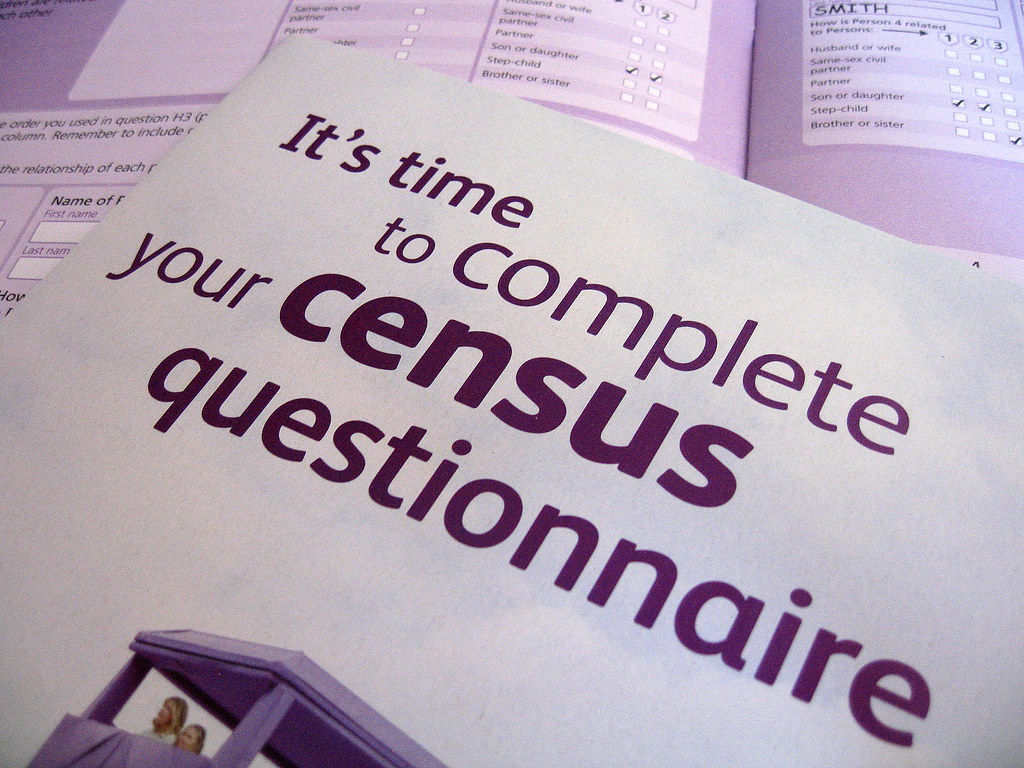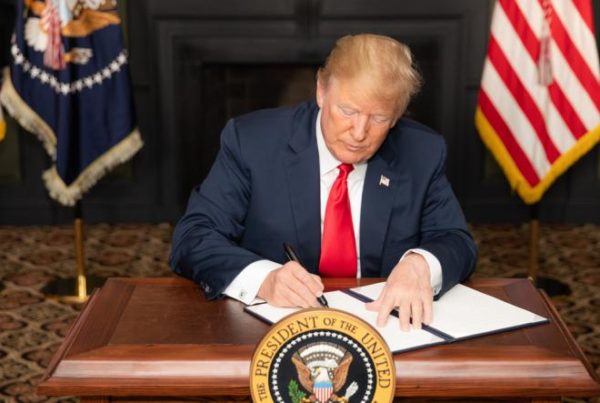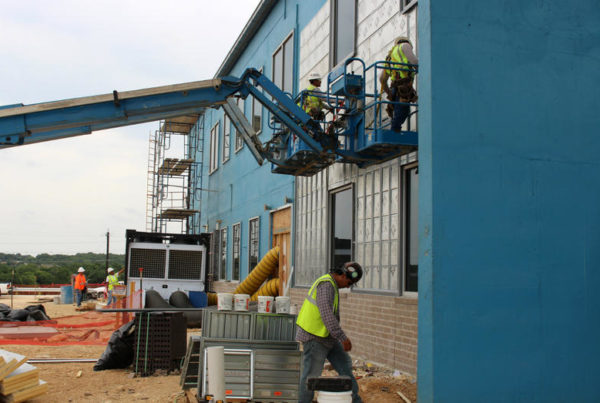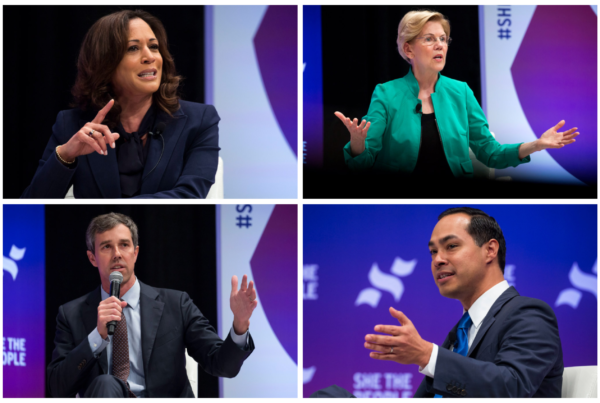The saga about adding a citizenship question to the 2020 census continued on Sunday when the U.S. Department of Justice announced it was suddenly replacing its entire team of lawyers tasked with defending the question in court. The Supreme Court had rejected the Trump administration’s rationale for that question, but the administration said it wanted to find a way to keep the question in the census.
What’s more, on Monday, House Speaker Nancy Pelosi announced that the House could soon start contempt proceedings against Attorney General Bill Barr and Commerce Secretary Wilbur Ross for ignoring congressional subpoenas for documents related to the census. The subpoenas were part of an effort to figure out the reason for adding the citizenship question.
Jacqueline Thomsen, a court reporter for The Hill, says although President Donald Trump has threatened executive action to add the question, the census is usually under the purview of Congress.
While the Supreme Court decision was a setback for the Trump administration, it didn’t squash the issue entirely. A related case in Maryland is underway to determine whether the citizenship question negatively affects minority communities, especially Hispanic ones, and it could help better determine whether the question will, in fact, end up on census questionnaires.
“Was this actually an attempt to cause an undercount of minority populations, especially Hispanic communities, and is this something that should be stopped from appearing on the census as a result of a violation of equal protection claims?” Thomsen says.
The government has already started printing census forms, but Thomsen says there’s still the possibility of adding a page with the citizenship question if Congress ends up approving it.
Written by Marina Marquez.
















